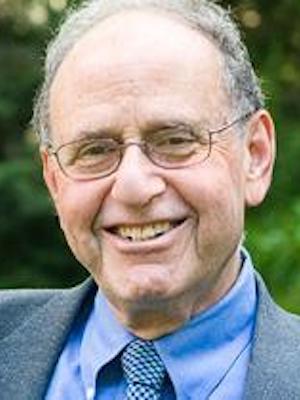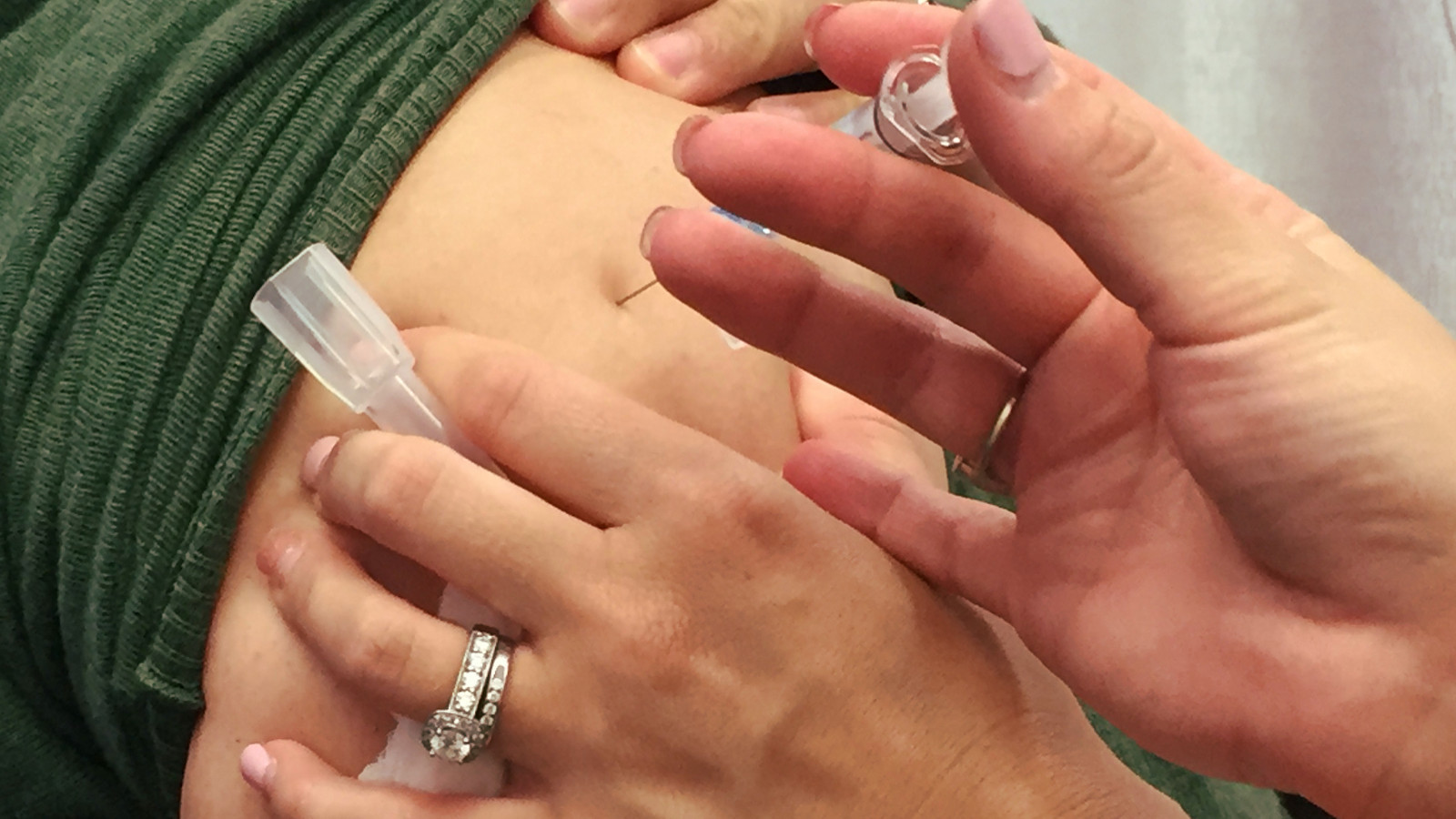The first recipients of the COVID-19 vaccine will likely be frontline health care workers and elderly people living in nursing homes. | stock photo
The first recipients of the COVID-19 vaccine will likely be frontline health care workers and elderly people living in nursing homes. | stock photo
As a member of America’s foremost committee in advising the Food and Drug Administration (FDA) whether to approve COVID-19 vaccines, Arnold Monto refers to development efforts as a great success story in the pandemic.
Monto, an infectious disease expert at the University of Michigan, will meet with other members of the U.S. FDA's Vaccines and Related Biological Products to consider whether to approve two vaccines. One has been jointly produced by U.S.-based Pfizer and German-based BioNTech for emergency use, which has been approved in the United Kingdom already. The second vaccine was developed in Massachusetts by Moderna, Bridge Michigan reported.
The two are the first among 200 in development to reach the final approval stage.

Arnold Monto, University of Michigan
| Twitter
As companies have hurriedly worked to develop vaccines under Operation Warp Speed, there have been concerns about the safety of the vaccines. Monto believes the vaccines will prove to be safe for a simple reason: Profits hang in the balance.
“There's no incentive for companies to do this, unless they're really convinced that they can make money and their vaccine will prove superior," he told Bridge Michigan.
Monto offered an online presentation called “Is the End in Sight? An Inside Look at the COVID-19 Vaccine Development and Approval Process.” The presentation highlighted things people need to know about the vaccine, the first of which is that Operation Warp Speed should not be a concern. This program has taken a 15- to 20-year process and squeezed it into one year. Those working on a vaccine had a head-start based on work conducted previously with other coronaviruses. Also, studies ran parallel instead of one after another, as is typical.
The leading vaccines are also more effective than expected, with the top two candidates reporting a 94% or higher success rate. There remains work to be done to determine how long immunity will last, however.
Vaccines will first be distributed to the most vulnerable. Should the vaccines be quickly approved, those intended for the remainder of the population should be ready by spring, if not late winter. Children will probably not be included in the first round of vaccines, as they were not part of the studies. Monto did suggest that older children may be offered the COVID-19 vaccine after trials have been completed.
To date, side effects have been reported, but they are described by Monto as "mild" and "acceptable," consisting of aches and fever.
“There is no indication that we're going to have any surprises, but obviously, you don't know what's going to happen… Safety monitoring is going to continue,” Monto told Bridge Michigan.
Potential vaccine recipients should be aware that doses will be needed taken a month apart. There are indications, particularly with the Pfizer vaccine, that protection can be gained after one dose, but full immunity will only be gained with two doses.


 Alerts Sign-up
Alerts Sign-up